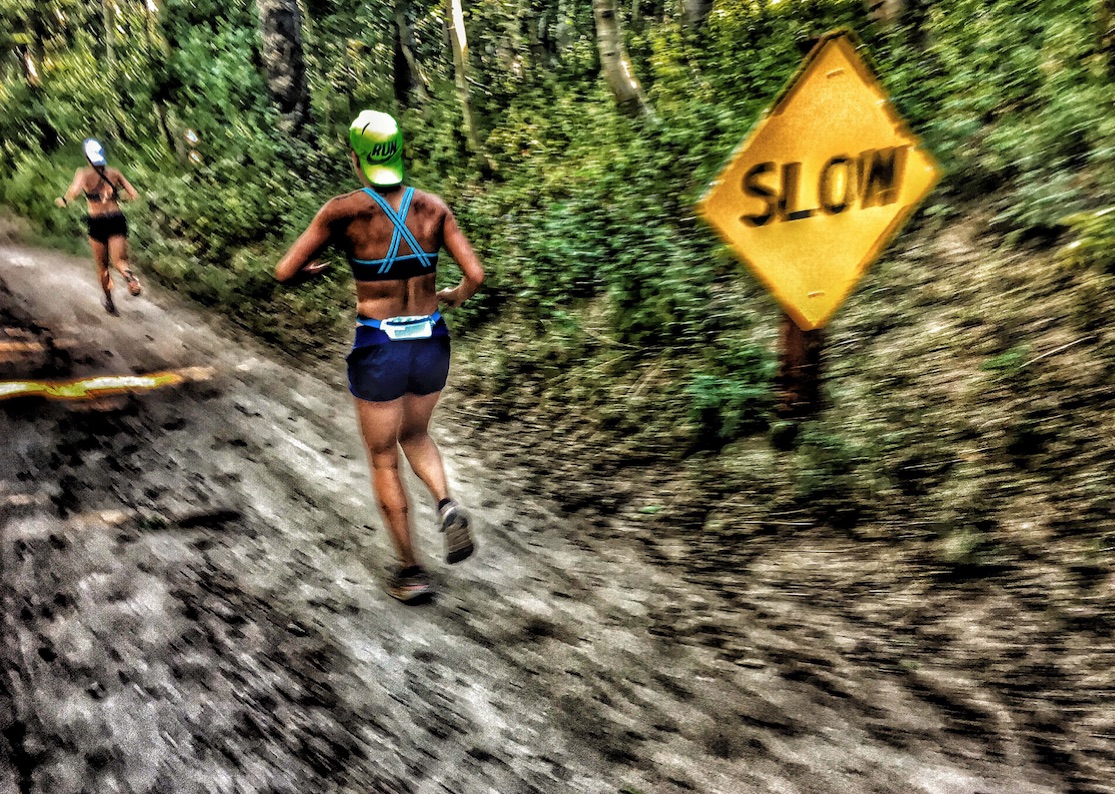There seems to be a growing confusion lately with what to do the week leading into a race. I see Instagram pictures of what appears to be a vacation which their lack of Strava updates confirm and is closely followed by a “Well, my legs just felt flat today” post-race depression. Ever experienced this? Well maybe your taper was to blame.
It’s a shame to see months of hard work be sabotaged in the final days before the big goal. This is why hiring a coach and following a good program can be so beneficial. If you look at the running.COACH training plans or any elite training programs, you will notice there is no slacking off in those final days. Yes, there is less work and more recovery, but here are some tips for peaking on the day:
Your final two weeks will see a large reduction in quantity (mileage) compared to the last two months but will see a continuation or even increase of quality and speed. The reason is your aerobic engine has been built (see previous blog post on base mileage), and while we are going to maintain your fitness with light running through the week we are not looking for any large gains or to deplete your glycogen stores more than we can reload before the race. “The hay is in the barn” as they say. Going any more than 3-5 days without running will start to show some decrease in overall fitness and this is what we don’t want to happen. These final two weeks are also a great time to spark those faster pace energy systems, preparing to feel comfortable with running fast. For a marathoner, the final weeks will typically include two longer repeat sessions, in the 3-5 kilometer range, run at or slightly faster than goal marathon pace. Come race day your body feels fresh and refueled from less mileage but not shocked by the pace.
Do’s and Don’ts:
- Don’t do any workouts that are going to leave you feeling sore. Rather than having your body trying to get back to normal health, repairing damaged muscle, you want it recovering beyond your previous strength levels.
- Don’t do any long, glycogen-depleting, workouts. It can take days to fully reload your carbohydrate stores, which are hopefully are at full capacity for your race.
- Don’t hammer your final workouts. You should be feeling strong which will make it very tempting to exceed your workout goals, resist the urge. It’s very common for athletes to leave their race in their workout. Listen to your coach, trust your months of training, save that final effort for the race.
- Do add some strides/accelerations after a few runs that final week of training. The fast turnover will keep your nervous system primed and ready to race.
- Do increase your sleep, a term I like to call “sleep-loading” which can be more beneficial than carbo-loading in my opinion.
- Do take some time off once your race week is over, that is the time to relax.
I love reading through some of the all-time great training logs from back in the day, these guys did not taper! Stories of setting 5k and 10k personal best time’s days before running world record performances in the marathon. Legends winning multiple distance events only days apart at the Olympics. While science has changed how we train, lets not forget what is possible.

This blog post was written by Calum Neff, canadian born running.COACH gold coach in the U.S., 2:22h marathoner and Guinness world record holder for the fastest half marathon pushing a stroller in 1:11:27. Are you interested in a personal running coach? Click here.

